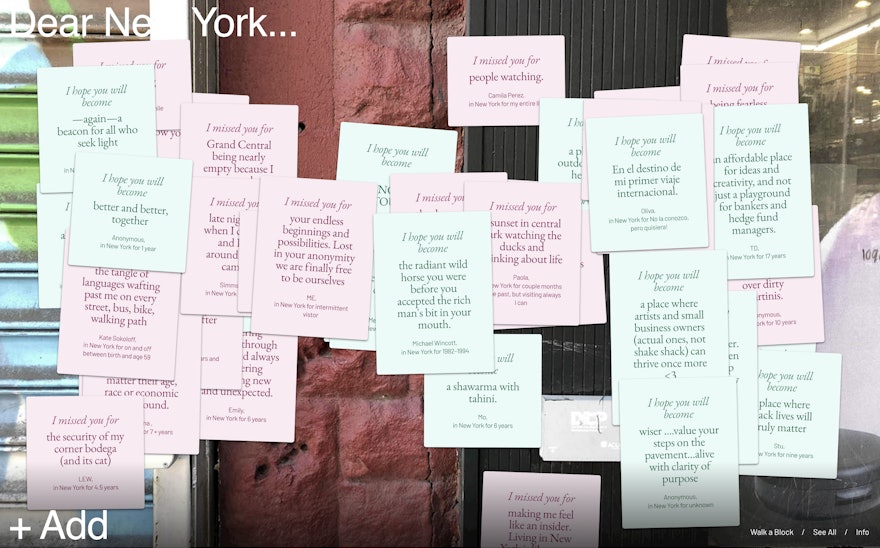One in six people on our planet work in the fashion supply chain, part of a global apparel market valued at US $3tn. Remember Who Made Them (RWMT) was created by a group of feminists, friends, allies, organisers, producers and artists concerned by the plight of fashion garment workers who have been severely impacted by the COVID-19 crisis but exploited for much longer.
This took on a particular urgency at the start of the pandemic with fashion brands delaying payments and cancelling orders, directly putting the lives and livelihoods of millions of garment workers at risk. At the same time, instead of donating directly, many of those same brands were selling fast-fashion T-shirts and hoodies ‘in aid of’ frontline workers.
To address this, the team at RWMT focused on the idea of creating a ‘new solidarity economy’ for fashion. This involves working in close collaboration with existing campaigns, activists and workers collectives and unions to create a new way of engaging with the fashion economy, and encouraging it to act in greater solidarity with and for the people who make the world’s clothes.
Much of the established wider global solidarity movement targets government and businesses. RWMT’s aim was to appeal to consumers, in particular the young women who are interested in fashion and are becoming more engaged with politics, social justice and feminist movements.
RWMT approached Pentagram to create a brand that could help these young consumers understand the extent of the problem and inspire them to buy less, buy better and hold fashion brands accountable.
The design team worked closely with RWMT’s team to create a bold and colourful visual identity and launch campaign designed to appeal to this target audience. It was important that the brand identity had a global reach, and would feel credible in both the fashion and social justice spaces.
The result was a bold and colourful visual identity, with a logo which could sit comfortably alongside the identities of other global campaigns and movements. This stems from RWMT’s desire to elevate and collaborate with others who share its mission, rather than trying to compete with them.
With Instagram the social media channel of choice for the fashion community, the brand had to be digitally native. For these young consumers to fully engage with this content (by creating their own assets and sharing content created by RWMT), the design, language and assets needed to match their expectations, in both style and approach. With this in mind, the team created a set of shareable visual assets featuring messages such as ‘Exploitation is a Virus’ and ‘Solidarity is not a T-Shirt’, along with templates, stickers, stamps and frames.
The RWMT team also enlisted the talent of a group of illustrators and artists to bring the messaging and stories to life, using a colour palette selected by the design team to complement the bold brand colours.
The language used throughout plays a key part in the brand identity—the tone is designed to reflect the accessible, informative voice of online, youthful activism. This allowed for many complex topics and ideas (such as explaining the concept of a solidarity economy or showing how racism and white supremacy manifest in the fashion industry) to be conveyed in sharp, engaging and clear ways.
The team also needed to consider the context that the new identity was about to be launched in. As well as the ongoing global pandemic and the continued discrimination against garment workers, there has been an unprecedented and widespread rejection of white supremacy and a calling out of systemic racism in almost every industry. As RWMT’s campaign is so closely linked to many of these issues, Pentagram and the RWMT team worked to ensure the brand and the launch communications remained relevant to and resonant with those issues.
With its bold new identity, podcast, Patreon and quickly growing social media community, RWMT is using the tools of digital advocacy to raise greater awareness and offer practical tools to help to inspire action. At the same time, it highlights garment workers’ voices, giving them space to imagine a new system that puts their rights first. The hope is to be part of a global movement to bring about lasting change for workers around the world.
